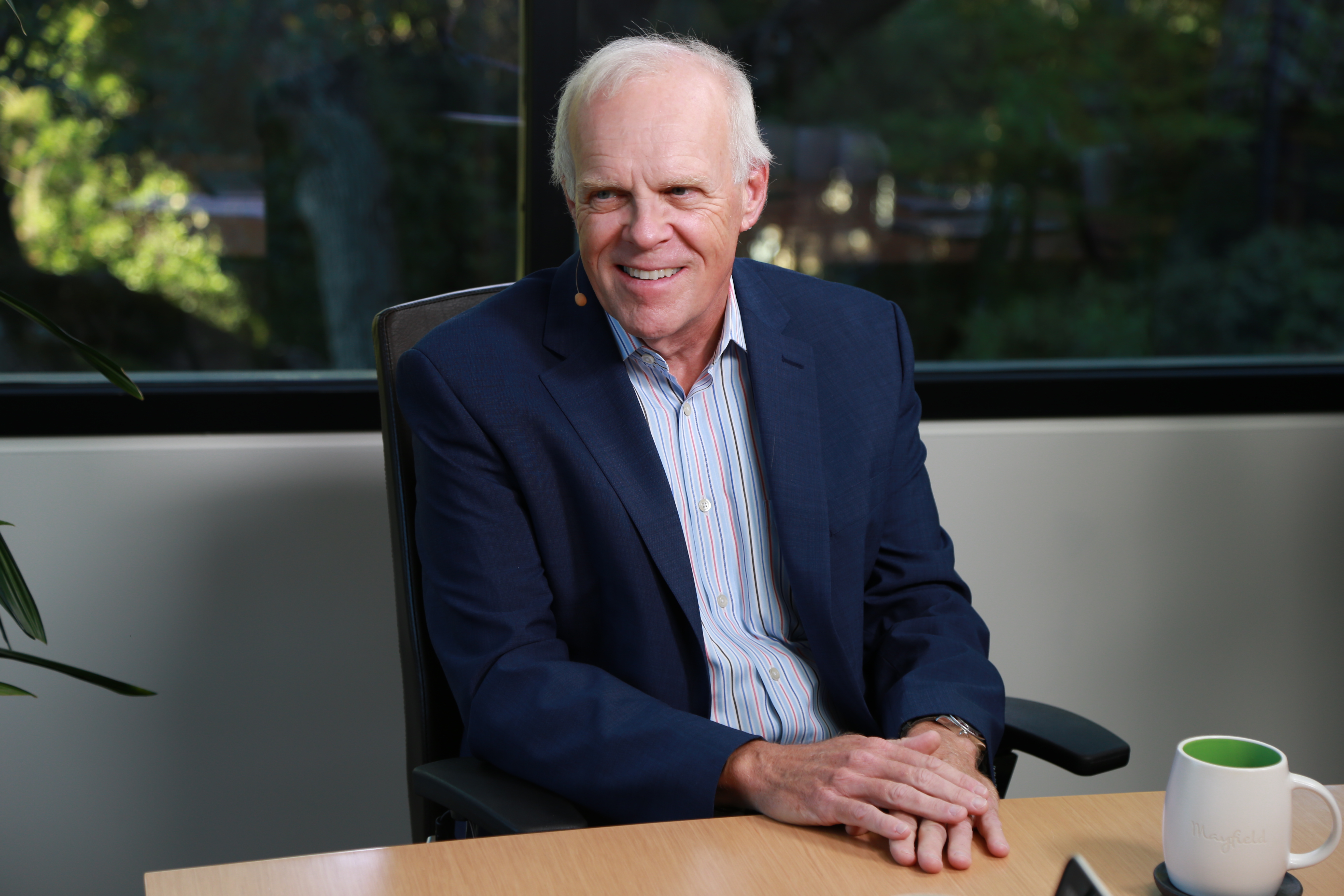 THOUGHT LEADERSHIP
THOUGHT LEADERSHIP
 THOUGHT LEADERSHIP
THOUGHT LEADERSHIP
 THOUGHT LEADERSHIP
THOUGHT LEADERSHIP
What makes a successful startup? Not one that flashes in the news with a hum of familiar buzzwords and makes a quick buck before fizzling out. Is it a boatload of Series A cash? An aggressive media blitz? Or just a market that hungers for that particular product at that particular time?
It might be all of those things in some measure. But the day-in-day-out hard work of the people behind them is probably the biggest factor. New initiatives are cropping up that tap seasoned techies to teach entrepreneurs what it really takes to build successful, impactful businesses in the real world.
Mayfield Fund LLC is a venture capital firm that has been funding startups since before the word startup entered the popular lexicon. For 50 years, the company has watched companies hatch, falter, fail and fly. Some of them, readers have probably never heard of. Others, like Lyft Inc., are the envy of entrepreneurs all over Silicon Valley. The fact is, Lyft took some time to get its act together. And that should serve as a lesson for wannabes.
“When we backed it at Series A, it was called Zimride,” said Navin Chaddha, a partner at Mayfield. “They weren’t doing what they are doing [now].”
VCs and entrepreneurs need to understand that building a great company is a marathon, not a sprint, Chaddha explained as he introduced a new content series called People First Network aimed at fostering this fortitude among entrepreneurs through mentoring with industry leaders.
Chaddha introduced the first video in the People First Network series with John Hennessy (pictured), computer science and electrical engineering professor and former president at Stanford University, who spoke with John Furrier (@furrier), host of theCUBE, SiliconANGLE Media’s mobile livestreaming studio, in Menlo Park, California. They discussed the challenges facing startups and founders, as well as initiatives to feed and water tomorrow’s tech entrepreneurs. (* Disclosure below.)
A technology startup is a complex machine that hardcore nerds often can’t round out with the skills they possess, according to Hennessy. When he took an 18-month leave from his post at Stanford to form MIPS Computer Systems Inc., he got an exhausting workout jogging through the learning curve.
“I was an engineer. I knew a lot about the technology we were building. I didn’t know anything about starting a company,” he said.
Techies are often unsure about who to hire to executive and management positions. And funding uncertainties can make working at a startup a round-the-clock suspense thriller. “We had to do a layoff when we almost ran out of cash, and that was a grueling experience,” Hennessy said.
Hennessy came out of the experience much better equipped to teach his students the straight dope about building a business in the real world. It also occurred to him that the school needed to do a better job of turning out well-rounded entrepreneurs with a focus on service to society. He spoke to the school’s trustees about it, and they gave him support to put together a scholarship program.
“I went to ask my good friend Phil Knight [philanthropist and Stanford alumnus],” Hennessy said. “I said, ‘Phil, I have this great idea.’ I explained it to him. He said, ‘That’s terrific.’ So I said, ‘Phil, I need $400 million.'”
A month later, Knight agreed, and the Knight-Hennessy Scholars program was born. The program selects graduate-level scholars from a range of educational backgrounds — there are MBAs, MDs, JDs, etc. — and develops them into leaders ready to tackle major society challenges through creative, collaborative innovation. Today, the program has 50 scholars representing 21 countries, some of whom have already started organizations in their communities.
The program teaches scholars about building effective businesses or organizations in the real world. Topics like securing funding and the social impacts of technology are on the curriculum. “Lots of young entrepreneurs; they’re excited about their technology. They don’t have any management experience. They need help,” Hennessy said.
Angel investors who have run the course and made it to success can provide both money and mentoring to entrepreneurs. “It’s not just about who gives you the highest valuation. It’s also about who’ll be there when things get tough, when the cash squeeze occurs, and you’re about to run out of money and you’re really in a difficult situation,” Hennessy stated.
In the future, we’re going to need people with an understanding of technology and its social and economic ramifications for both good and ill. For example, artificial intelligence has the potential to put a ton of people out of jobs, and we’ll need to minimize the harm that does, “because that disruption is really people’s lives that you’re playing with,” Hennessy concluded.
Watch the complete video interview below, and be sure to check out more of SiliconANGLE’s and theCUBE’s coverage of the Mayfield People First event. (Disclosure: TheCUBE’s coverage of the Mayfield People First event is presented by Mayfield Fund LLC and SiliconANGLE Media, Inc.)
THANK YOU